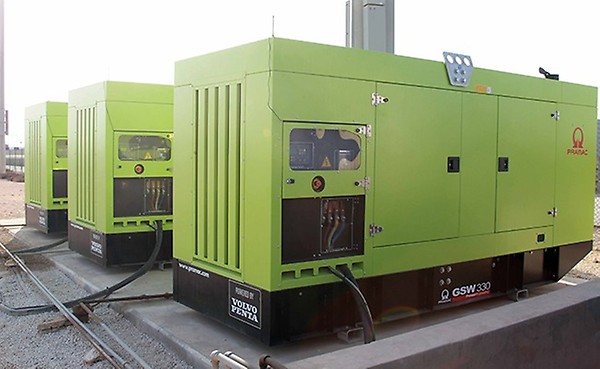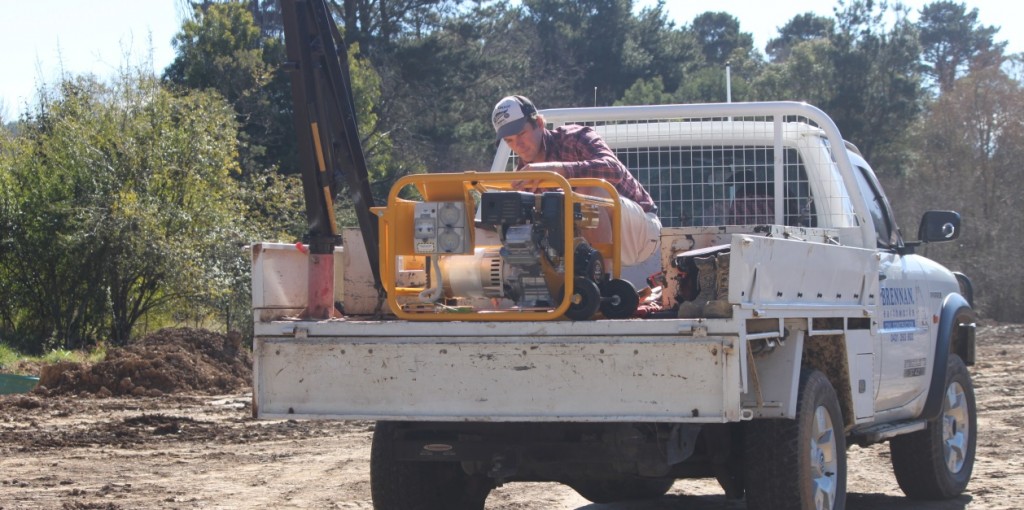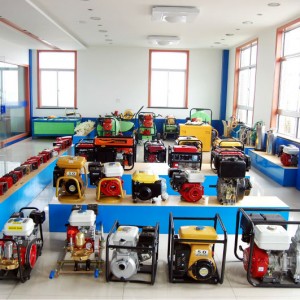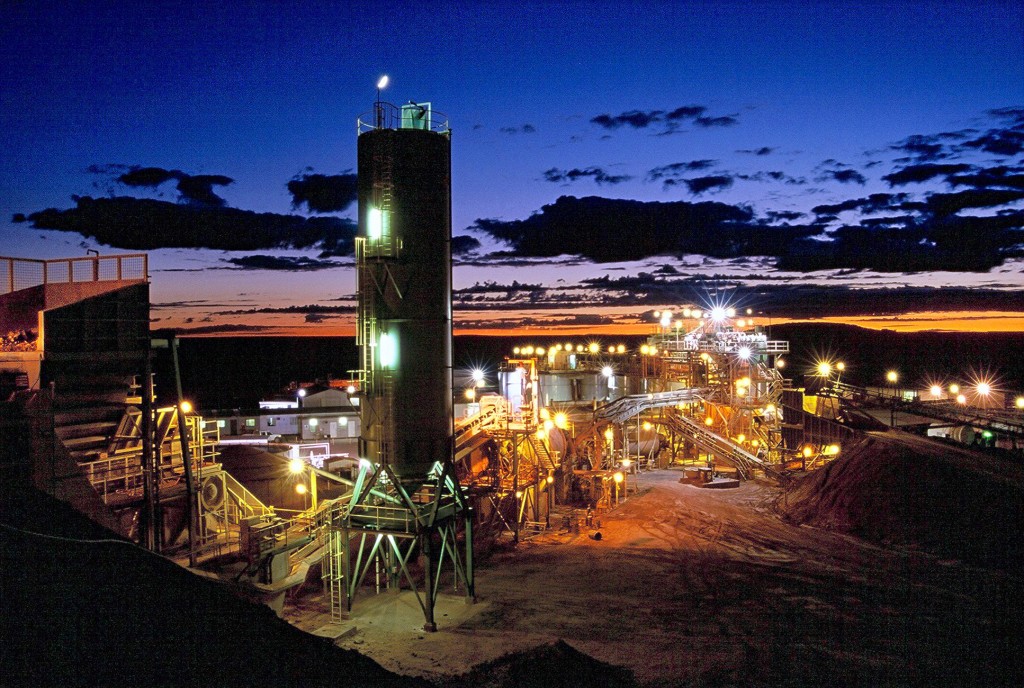Power is the lifeblood of most businesses. So choosing the right generator that will keep your business running in the best and worst of times is absolutely critical. There are two main types: portable and stationary generators. In other words, those you can move around, and those you can't.
Aside from the obvious, there are some important differences between portable and stationary generators that you need to know if you are going to make the right choice for your business.
Portable Generators
In a nutshell: Portable generators are designed for use on the move, rather than for permanent installation. This means they are typically smaller in size and power output.
Power output: Expect a power output anywhere between 1kVA to 16kvA, depending on the model.
Run time: These units aren't designed to run forever - expect a run time of less than 12 hours.
Fuel: The great thing about portable units is that there are great petrol and diesel powered models available, however there is a wider range of petrol generators.
Design: Typically, portable units have engines that run at around 3000rpm and are air-cooled which means you should only use them in open areas.
Noise: Portable inverter generators are typically full encased in sound-proofing material making them incredibly quiet and great for recreational or residential use. Most portable trade units that are designed for work sites have limited sound insulation, which means they can be noisy.
Applications: All the factors mentioned above means portable units are best for home, recreation and small business requirements, rather than larger commercial use. Think lighting, sump pumps, essential appliances like refrigerators and laptops, rather than commercial equipment or whole of buildings. But portable generators are a good option if backup power requirements are low or temporary.
-
Stationary Generators

In a nutshell: Stationary generators are designed for permanent installation and are generally only for business and commercial use. Because they are hard-wired into the main distribution panel, they can be started manually or automatically in the event of a power outage and will meet the urgent and often large power requirements of businesses.
Power output: With a power output starting from around 15kVA up to a gigantic 2-3 megawatts (2000-3000kVA), there isn't much these big boys can't handle. These larger generators are almost exclusively for business or commercial use; though there are stationary generators for home back up which are typically only 5-12kVA in size.
Run time: Not only are stationary units designed to provide an uninterrupted power supply during an outage; they can run for more than 12 hours a stretch.
Fuel: Stationary generators are typically diesel powered and three-phase. This means they are highly economical, safe and reliable to run.
Design: Stationary generators weigh anything from 500kg up to around 10,000kg. Let's put it this way, you won't be shifting a stationary generator by yourself - it's a job best saved for the forklift or crane. Their engines are water cooled and typically run at around 1500rpm.
Noise: Most stationary generators feature advanced soundproofing and insulation to keep noise at a minimum.
Applications: Everything about a stationary generator is designed to provide reliable power for business or commercial use. These aren't generators you take on a camping trip - they are robust, heavy duty, highly powerful units that will support your business when you need it most. We're talking backup standby power supply for data centres, healthcare, hospitals, industry, mining, commercial, retail, and agriculture. They are also used for prime and continuous power supply in the oil & gas, construction, mining, telecommunications, manufacturing, and events sectors.
Ready to choose the right generator for your business? Browse our stationary generators.
-
DISCLAIMER* Please note, this advice is general in nature and we strongly recommend consulting the product manual and where relevant, a professional installer.












